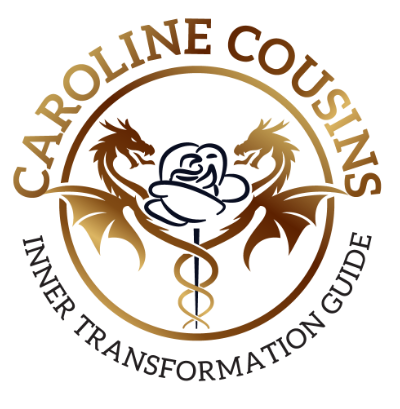At the beginning of a romantic relationship we can feel elated with joy and have so much fun together and everything seems wonderful, as if it could go on that way forever. Then, gradually as the weeks or months go by, something changes within us and we decide there is nothing in common anymore and the once sweet, marriage-potential partnership turns sour and bitter. In fact, this can apply to all relationships, including our psychological contracts with our employers too. So why does this happen?
Dr Bruce Lipton, author of Biology of Belief, refers to this as the ‘Honeymoon Effect’. The reason being that when we first meet someone we are attracted to, or start a new job, we are predominantly operating from about 90% of our conscious part of the mind – the adult mind, and therefore, we are living in the present.
After the ‘honeymoon period’ is over, the subconscious gradually takes back control once again, and we resume our operation from past programming, formed largely from our experiences up to the age of about 7 years, when we are mostly in theta brainwave state. Our mind, therefore, acts like a sponge in the early years and absorbs everything without the capacity to analyse and reason.
In addition to this, we also inherit beliefs and behaviours through our parental DNA which can reinforce our own perspectives and thus form programmes. Collectively, if these programmes are left unchecked, they can influence our reactions and decisions in adulthood, which in turn affects all our relationships. We then, without realising it, allow our inner child to run the show and make choices based on old, outdated experiences and judgements.
This is why it is so important to release the judgements we have about people and events happening in our world, because much of the emotional triggers we hold from present experiences actually originate from the past and are either inherited or learned through the eyes of an immature child. We continue to operate from them on autopilot without questioning why we react and judge in the first place, preferring instead to blame the other person’s behaviour or an external event. That way, we would not have to take responsibility for our own reactions, and the subconscious part of the mind successfully steers us away from acknowledging a judgement we hold within, which unfortunately keeps us in victim state.
If we want to live from a balanced and empowered perspective, we have to own the judgement we are holding, find the root cause and release it. Once identified and released, we are taken out of victimhood and into empowerment. We just have to give ourselves time and honesty to observe our judgements, acknowledge them as ours, and release them, bringing liberation and relief and ultimately more rewarding relationships, as a result.
Written by Caroline Cousins
Published in the New Milton Advertiser and Lymington Times, Lifestyle Page, April 2019





